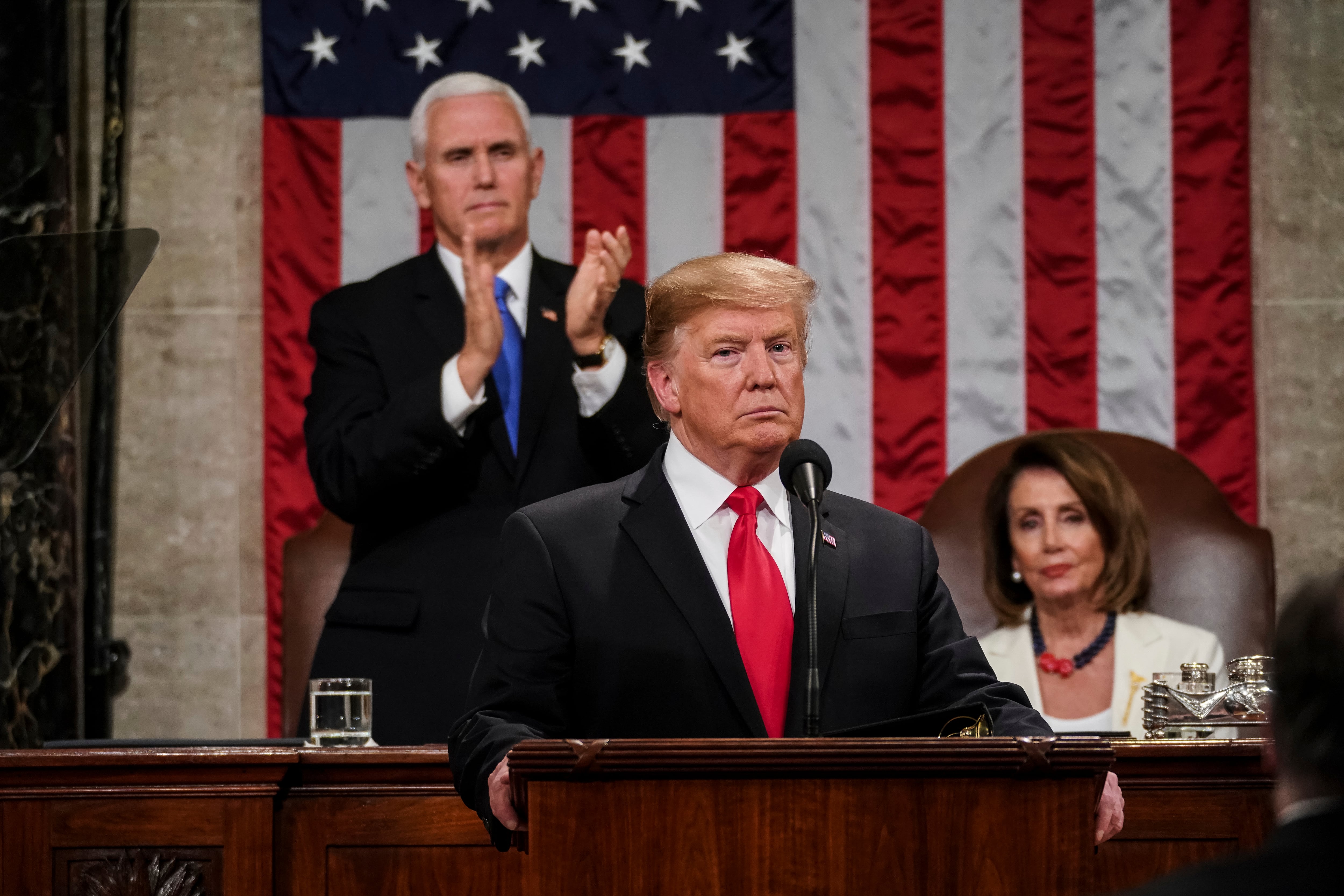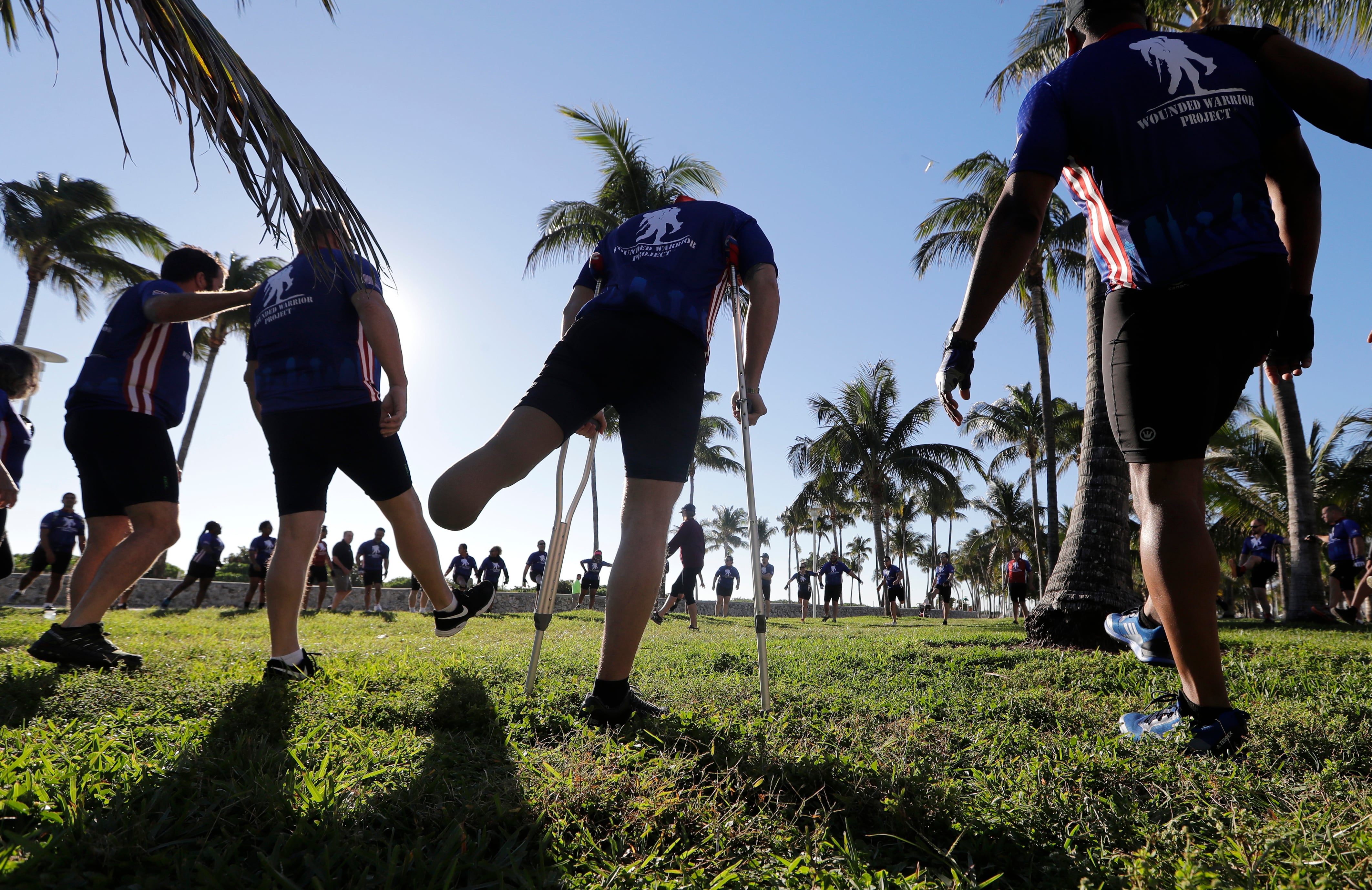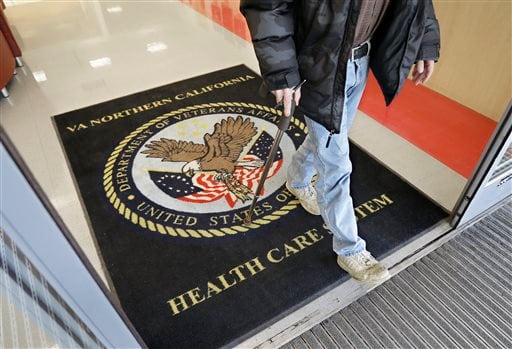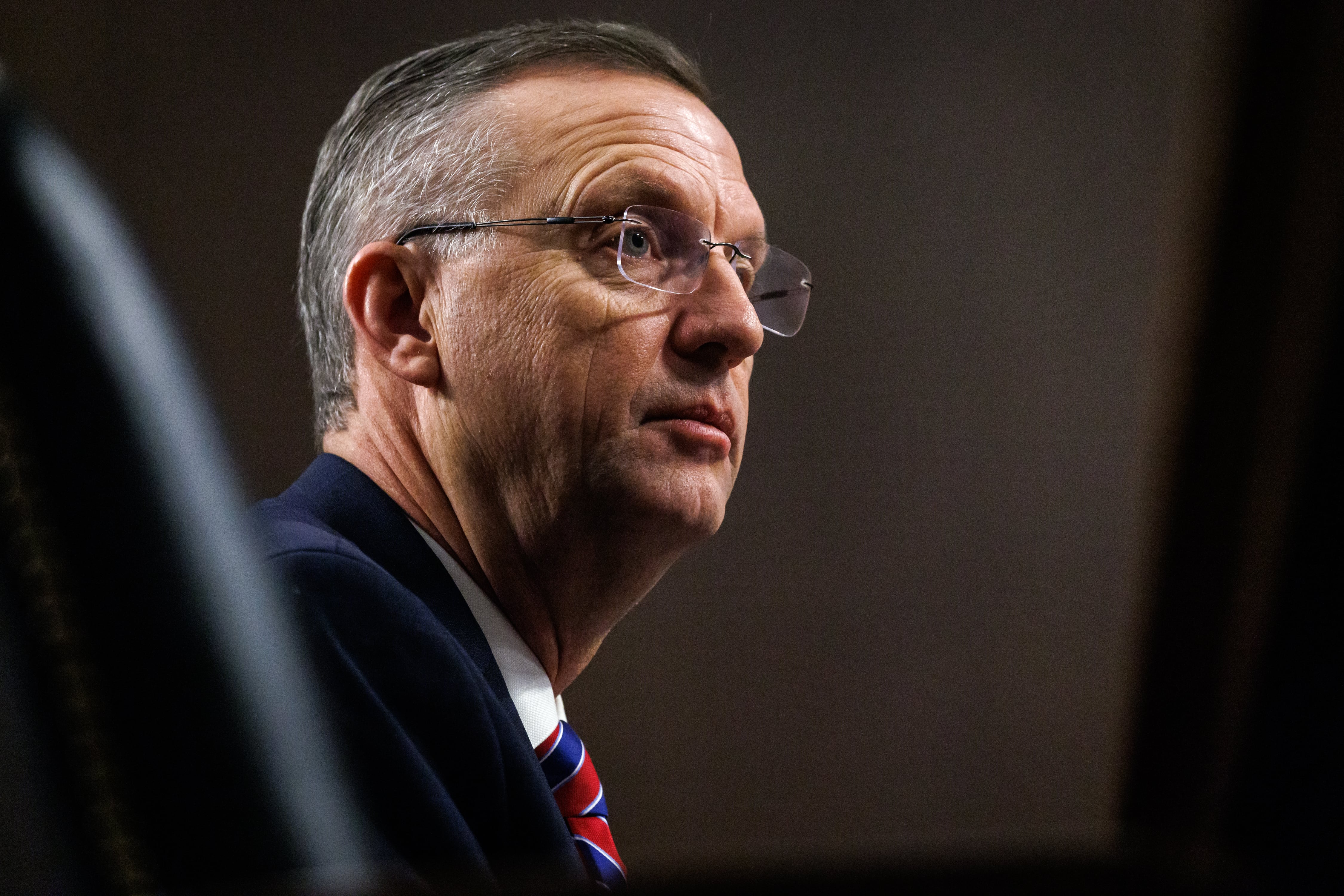U.S. government employees traveling to Havana, Cuba, have only been provided with a single technique for protecting themselves from the sonic attacks and health issues reported over the past year by embassy employees there: move away from any unusual noises.
According to State Department officials who testified before the Senate Foreign Relations Committee on Jan. 9, this limited guidance is due to the fact that the government still has no idea how these health problems occurred.
“The only mitigation factor is to limit your exposure. We inform people that should they hear or feel a sensation, to move away as quickly as possible. We know from our patients who have already been there that the less exposure the better,” said Dr. Charles Rosenfarb, medical director of the board of medical services at the Department of State.
According to Rosenfarb, the department has provided Cuba-visiting personnel with education about the incidents and their symptoms as well as medical prescreenings to establish a baseline, but have little in the way of protective measures.
“I don’t think we can say categorically that we can guarantee that they would be safe from this,” said Todd Brown, diplomatic securitry assistant director for international programs at the Department of State. “Not knowing what was causing it or who was behind it or how it was being done gives us very little in terms of mitigation.”
According to a Jan. 4 FBI report on the agency’s investigation into the health problems faced by Cuban diplomats, the agency doubts whether attacks with sonic waves could have even caused the reported symptoms.
Committee members were critical of the State Department’s initial response to reports of injury, characterizing it as slow and bureaucratic.
“From the accounts we have heard, the Department’s response was simply bureaucratic, inadequate and troubling,” said Sen. Bob Menendez, D-N.J.
“According to accounts from those who suffered directly, when diplomats first report symptoms to the appropriate people at post, they were rebuffed. It is also our understanding that upon finding that employees were suffering life-altering health consequences, the department took months to arrange for the appropriate care. It was almost a year before the department put the embassy on ordered departure status, and only after reports surfaced in the media. Alarmingly, it is our understanding that the department then did not even warn diplomats going to Cuba for permanent or temporary assignments about the risk to their health and the health of their families.”
According to State Department officials’ testimony, the timeline of attacks and government response was as follows:
- November 2016 – some members of Havana embassy begin to experience strange noises and unexplained physical symptoms.
- Late December 2016 – Officials report to medical unit reporting headache, ear pain, dizziness and hearing problems. Havana embassy regional security officer also becomes aware of potential health attacks.
- Mid-February 2017 – U.S. officials make connections between events and approach Cuban officials demanding that they fulfil obligations to protect personnel. Cuba opened their own investigations and U.S. engaged with them 20 additional times.
- Late February 2017 – Secretary of State Rex Tillerson is made aware of the situation.
- February-April 2017 – an otolaryngologist from the University of Miami, experienced in auditory injuries in military personnel, was identified to perform assessments.
- Late March to late April 2017 – sporadic attacks occur then appear to stop.
- Mid-April 2017 – anyone serving in Havana who does not feel safe is allowed to return to U.S.
- Early May 2017 – FBI opens an investigation into the attacks (ongoing).
- May 2017 – two Cuban diplomats are expelled to underscore Cuban responsibility in protecting U.S. diplomats.
- July 2017 – State Department Bureau of Medical Services convenes a panel of academic experts to review the case histories and test results. They come to the conclusion that the injuries derived from trauma from a non-natural source. The Brain Injury center at the University of Pennsylvania is identified to provide reevaluations.
- Late August 2017 – two additional attacks occur and University of Pennsylvania begins reevaluations.
- Sept 29, 2017 – Secretary Tillerson orders departure of non-emergency personnel in Cuba.
- October 2017 – 15 more Cuban diplomats are expelled to ensure “equity of impact on our respective operations.”
- January 2018 – State officials confirm that an accountability review board will be established.
Sen. Marco Rubio, R-Fla., took particular issue with the late establishment of an accountability review board, which the law mandates be created no later than 120 days after serious injury occurs on a foreign U.S. mission.
RELATED

“In any case of serious injury related to a U.S. government mission abroad, the Secretary of State will convene an accountability review board. The law allows that has to happen within 60 days of an occurrence of an incident, and it allows for a 60-day delay if the secretary determines that an additional period is necessary for the convening of the board,” said Rubio, adding that if serious injury were to be established in May 2017, when the FBI investigation was opened, the board would have to have been formed by early September 2017.
“I got a letter on Nov. 6, saying that there was still not an accountability review board, that the secretary had decided to delay for 60 days in order to determine whether one was even necessary.”
According to Francisco Palmieri, acting assistant secretary for the State Department’s bureau of western hemisphere affairs, Secretary Tillerson was waiting for the results of an investigation to determine the cause of the injuries before convening the board.
The witnesses confirmed that currently no victims of the incidents were paying out of pocket medical expenses for their lingering symptoms, which include cognitive problems, recurrent headache, sleep disturbance, high-frequency unilateral hearing loss and difficulty with balance when walking. However, that situation could change for the families of embassy workers in the future.
“Employees who were injured in the course of duty would be covered by the worker’s compensation law. Family members would not be.”
Jessie Bur covers federal IT and management.





